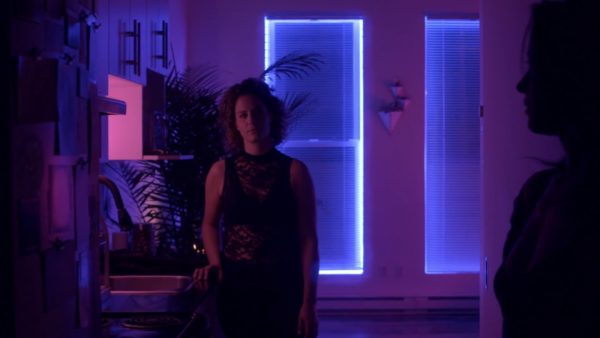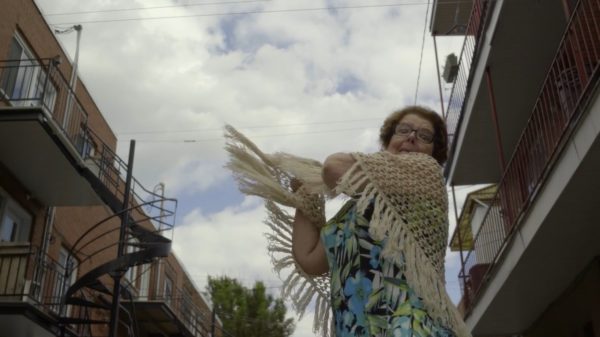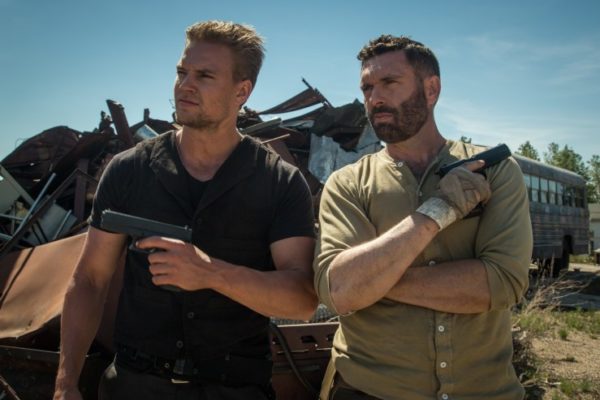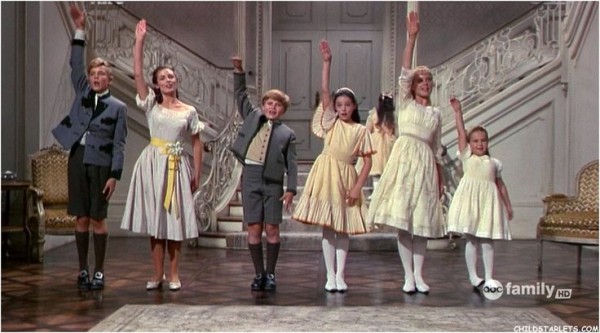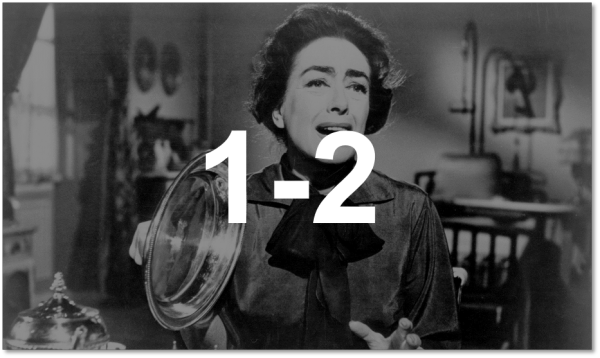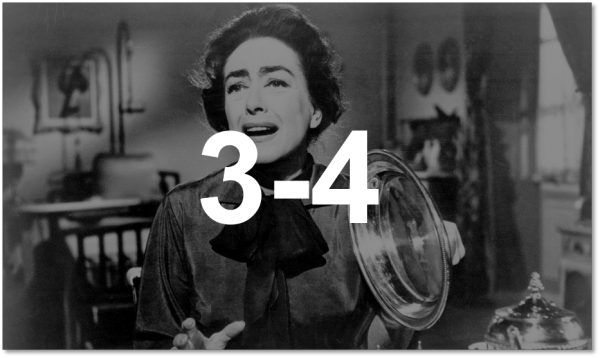
Kimberly Peirce and Stewart Thorndike
At a recent panel on queer horror last month, I was struck by a comment from co-panelists Katie Connell and Joshua Dare about the current state of queer female-identifying horror directors. The discussion began with a definition and brief historical overview of queer horror, then shifted into a survey of the current state of representation. Concerns about the tendency to spotlight films featuring gay men at the expense of their lesbian counterparts gave way to a cautiously optimistic listing of recent films featuring out and proud women. As we rattled off a number of films, however, we discovered a strange pattern: nearly all of these films were directed by straight white men.
Let’s backtrack a little to consider the current state of queer horror, which has notably made a number of gains and increased prominence in the last twenty years. A recent guide created by Vulture entitled “55 Essential Queer Horror Films” identified key shifts in the 21st century that reduced the stigma around queer characters, thereby enabling them to move from marginal to central, sometimes even lead, roles. In the 2000s, films such as Hellbent, High Tension and Seed of Chucky offered visible, albeit problematic, depictions of gay men, lesbians and trans characters.
With the advent of gay marriage in the 2010s, queer figures in horror have become even more normalized, nuanced and fleshed out. The result has been some of the most intriguing texts to date, the vast majority of which are about queer females. Films such as Jennifer’s Body (Kusama, 2009), All Cheerleaders Die (McKee, 2013), The Neon Demon (Winding Refn, 2016), Thelma (Trier, 2017), What Keeps You Alive (Minihan, 2018) and Blue My Mind (Bruehlmann, 2018) all feature complicated and fascinating lesbian characters.
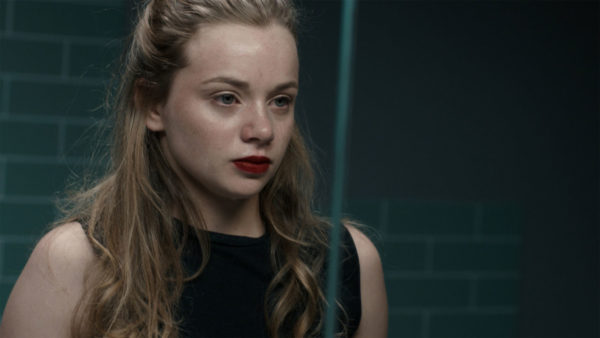
Bruehlmann’s Blue My Mind
A cursory glance, however, reveals that all but two of those films were directed by straight white men – a number that is worth pausing over. While there is obviously nothing that restricts one group from telling the stories of another, the lack of female directors is note-worthy, particularly given the problematic historical depiction of lesbians as a source of titillation for the male gaze.
This disjunction is not severe when compared to publicly “out” gay male directors, who have become increasingly prominent in recent years. Renowned master of horror Don Mancini has kept Chucky and the Child’s Play franchise alive and sexually subversive for 30 years. Up and coming directors Chris Peckover (Better Watch Out) and David Freyne (The Cured) have both delivered horror films that play with notions of masculinity and lends themselves to queer takes. And recent Oscar winner Luca Guadagino’s Suspiria, featuring a nearly all-female cast, is filled with sexual connotations and feminist readings.

Stewart Thorndike’s Lyle
The simple fact is that representation and visibility matters. Even in horror fandom, there remains a frustrating need to explain why female characters and creators matters, although the recent uptick in feminist horror criticism that began with AxWound and Women in Horror Month and continues now with publications and sites such as Grim Magazine, Anatomy of a Scream, Suspiria Magazine, Graveyard Shift Sisters and Diabolique Magazine bodes well for the future.
Let’s return to the question at the heart of this debate: where are all of the queer female-identifying directors? Despite the disheartening statistics about the ratio of female to male directors (and in spite of Jason Blum’s hastily corrected statement about the lack of women interested in directing horror), the horror genre is flush with talented women. “Out” female queers, however? Not so much.
A deep dive online (and help from HorrorTwitter) revealed only two feature filmmakers: Kimberly Peirce, who directed the 2013 remake of Carrie, and Stewart Thorndike, who directed indie micro-budget “lesbian Rosemary’s Baby” film Lyle (2014). Singer St Vincent (nee Anne Erin Clark) directed one of the segments of the all-female horror anthology, XX (2017), though she seems unlikely to return to the director’s chair in the near future. There are undoubtedly a number of other up and coming talents working in horror shorts, including Monika Estrella Negra, who is currently crowdsourcing the funding for her first feature, Two Sisters.
Despite advances in queer visibility both on and offscreen, there remains a gap in the horror genre. It is possible that filmmakers prefer to leave their mark on the screen rather than publicly disclose details about their personal lives, but the fact that there are so many heterosexual white men telling stories about lesbian characters in horror films is a potentially problematic trend. On the cusp of what Vice is calling “the rebirth of lesbian horror movies”, let’s hope that a number of proud, “out” queer female-identifying directors emerge from the shadows to ensure their onscreen proxies bear an authentic touch.
